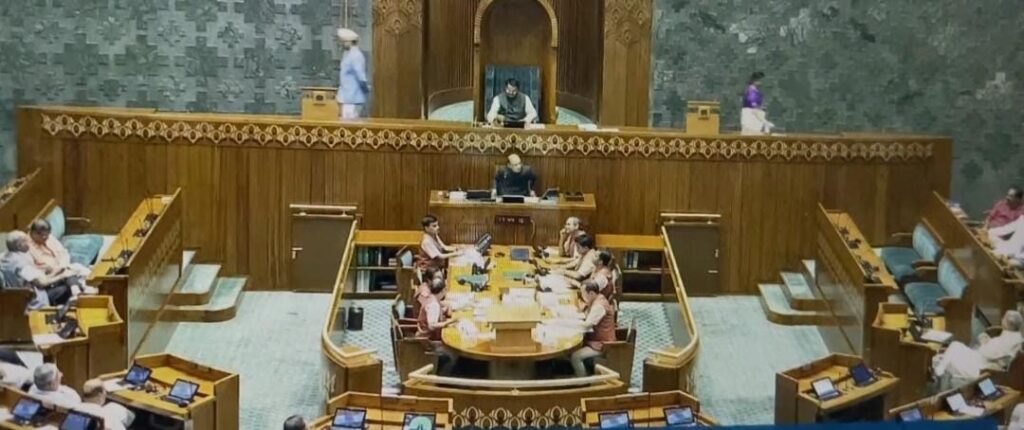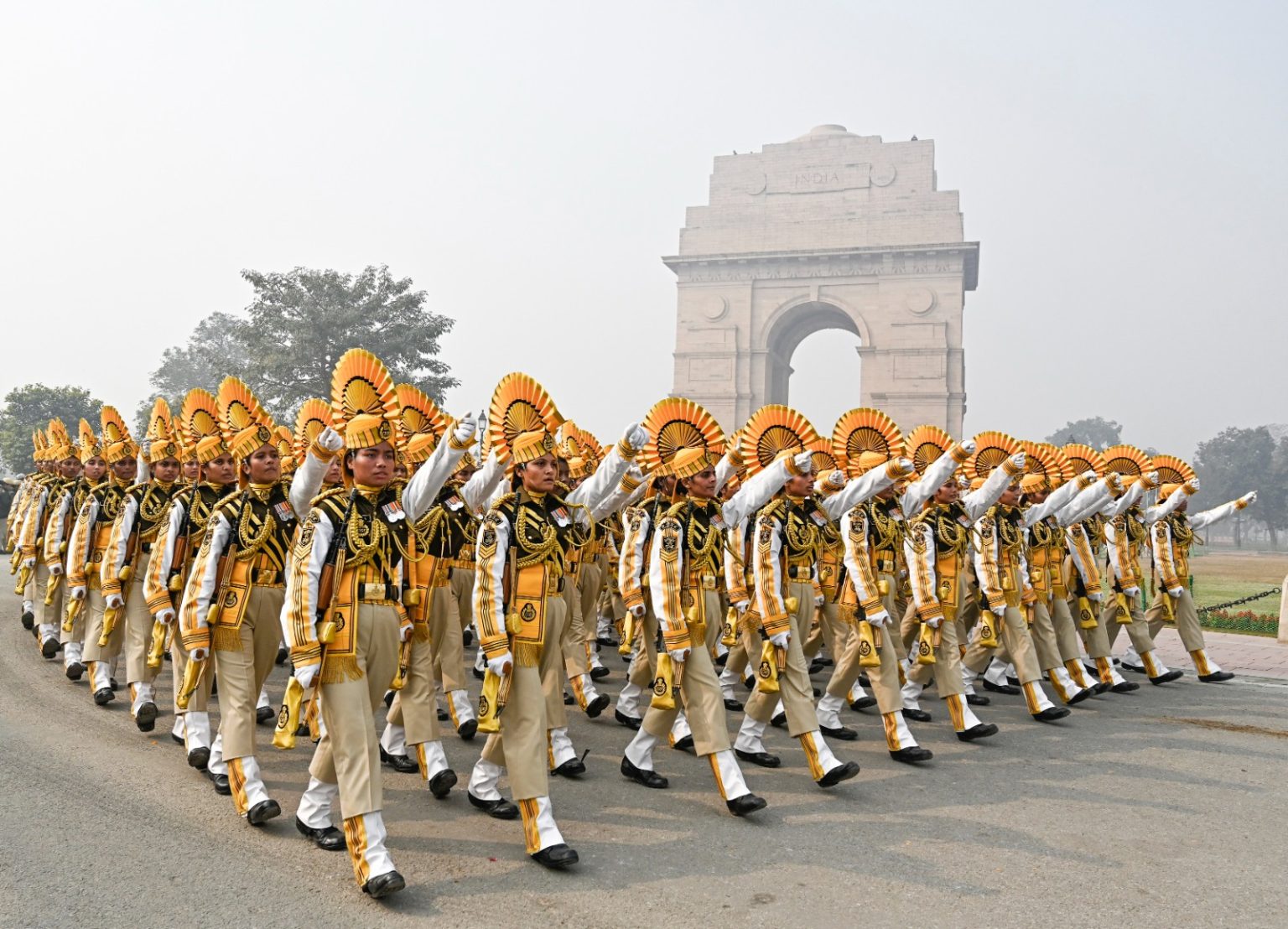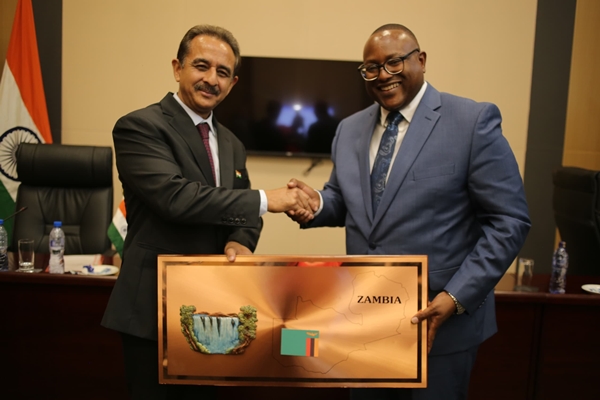Lok Sabha Speaker Om Birla has made some changes in the parliamentary rules to prevent MPs from chanting unwarranted slogans or making any remarks during their oaths. In the recently held oath-taking ceremony at the Parliament, several newly-elected MPs chanted slogans like “Jai Hindu Rashtra” and “Jai Palestine” at the end of their oath.
Following this, Birla amended Rule 389 of the Rules of Procedure and Conduct of Business in Lok Sabha by adding a new clause to the “Directions by the Speaker”, directing MPs not to use any additional words, phrases or remarks at the beginning or the end. Under the amended rules, the Speaker can initiate action against MPs for additional remarks.
About Parliamentary Oath
- Mere emerging as a winner does not allow an MP to participate in the proceedings of a House. For this, they need to take an oath.
- The parliamentary oath is mentioned in the third schedule of the Indian Constitution (Article 99). The Members of Parliament take an oath to bear true faith and loyalty to the Constitution while maintaining the sovereignty and integrity of the country. They also pledge to fulfil their responsibilities faithfully.
- Before oath, MPs submit their election certificate which is then verified by the House official. Then, they are allowed to take the oath in English or any of the 22 languages mentioned in the Constitution.
- It’s mandatory to use only the name mentioned in the certificate and follow the exact words of the oath.
- If an MP doesn’t attend the respective House for 60 days in a row, his seat can be declared vacant. On this ground, courts allow an elected MP who is in jail to take oath.
- While most MPs take oaths in the name of God, some take oaths affirming allegiance to the Constitution. The original draft of the Constitution did not mention God in any oaths. After a discussion of the Constituent Assembly, Dr. B. R. Ambedkar accepted to include God in oaths.
- The Constitution (Sixteenth Amendment) Act, 1963 further amended the provisions of oath and included the commitment to uphold India’s sovereignty and integrity. The National Integration Council recommended these additions.











